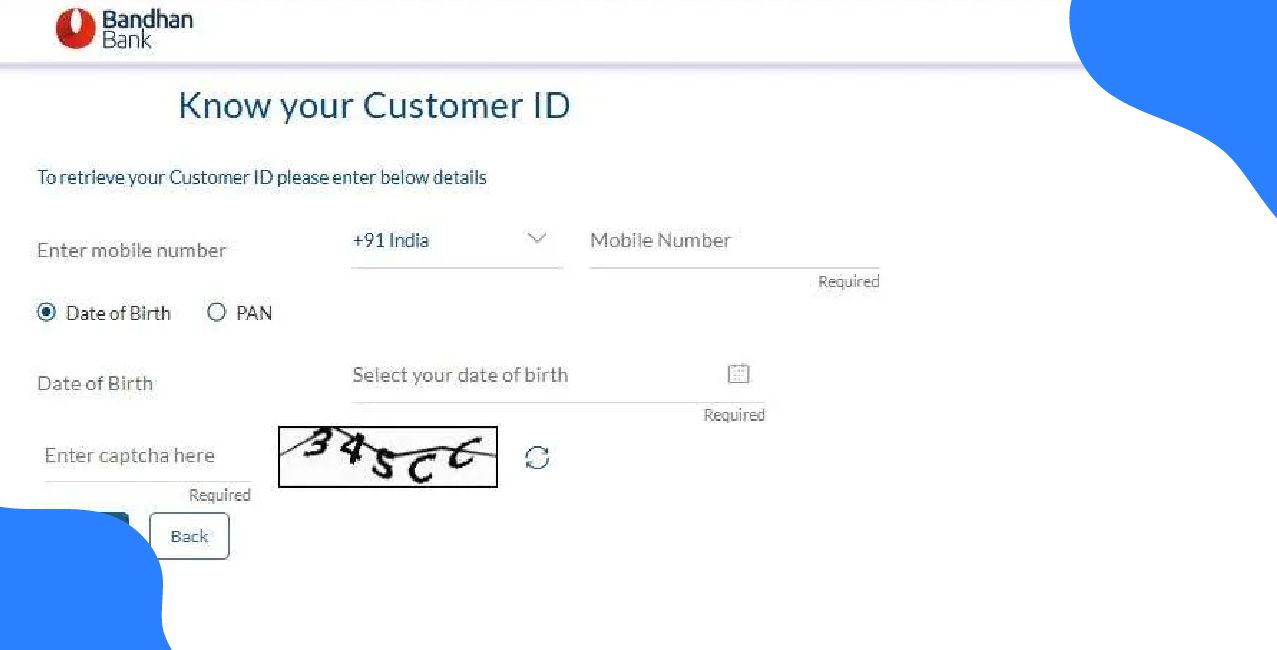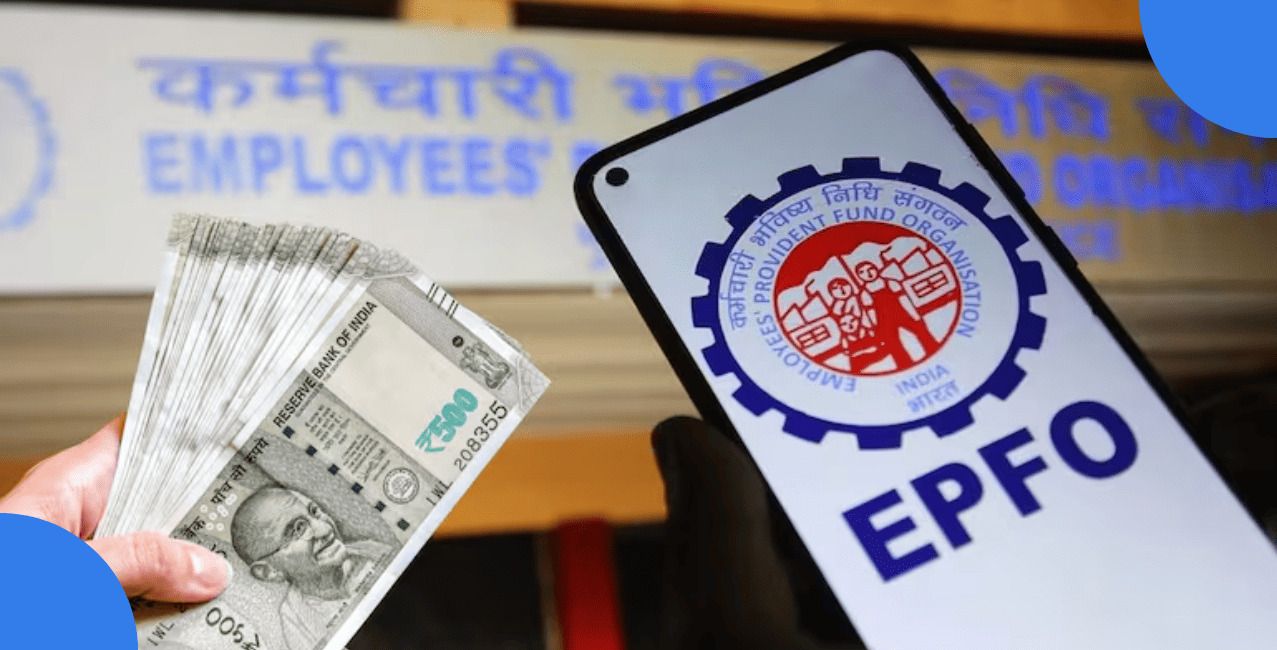What is a term plan: Features, Benefits & Ideal Coverage Options

Check Your Loan Eligibility Now
By continuing, you agree to LoansJagat's Credit Report Terms of Use, Terms and Conditions, Privacy Policy, and authorize contact via Call, SMS, Email, or WhatsApp
Key Takeaways:
- A term plan is the simplest form of life insurance, it offers a large cover at a low premium, only for a fixed term.
- It provides financial security to your family by replacing your income in case of your untimely death.
- Coverage options are flexible, ranging from ₹25 lakh to ₹20 crore, with terms up to 99 years.
- Add-ons like critical illness and accidental death riders enhance protection based on personal needs.
- Using fintech apps makes comparison, calculation, and policy selection faster, cheaper, and more transparent.
BONUS: IF YOU CHOOSE A RETURN OF PREMIUM TERM PLAN, YOUR PREMIUMS ARE REFUNDED IF YOU SURVIVE THE POLICY TERM, GIVING PEACE OF MIND WITHOUT LOSING YOUR MONEY.
A term plan is a type of life insurance. It gives money to your family if you pass away during a fixed number of years. Let’s understand this with an example.
Amit Mehra, 34, a fintech product manager in Pune, bought a ₹1 crore term insurance for just ₹800/month with a 30-year cover. He’s married to Priya and has a 4-year-old son, Kabir.
If Amit passes away within the policy term, say in the 12th year, Priya receives ₹1 crore tax-free. This payout helps her repay their home loan, cover daily expenses, and secure Kabir’s education.
Before we explore term plans in depth, here’s what you’ll find in this blog: the definition of a term plan, its features, benefits, and ideal coverage methods.
What Is a Term Plan?
A term plan is a simple kind of life insurance. It gives money to your family if something happens to you during the time the plan is active. You choose the number of years you want the plan to run, like 10, 20, or 30 years.
If you are alive after this time, you do not get any money. But if you pass away during the term, the insurance company gives the money to your family. This helps them stay safe, pay bills, and continue living without financial stress.
For example, Ritika, a 29-year-old who works at a payment gateway company, used a popular fintech app to buy her first term plan. She earns well, but she lives alone in Bangalore and supports her parents in Jaipur.
She wanted to make sure that if something ever happened to her, her parents would still be financially secure. The app helped her compare term plans in just 10 minutes, and she picked one that offered a cover of ₹1 crore for a yearly premium of only ₹6,000.
Key Features of Term Insurance
Term plans are also flexible. You can choose how long you want the cover, how you want to pay, and even add extra benefits. Some plans return the premium if you live till the end. It is a smart way to protect your loved ones.
Example: Jatin, a 36-year-old who works at a fintech startup in Bengaluru, wants to secure his family's future. He chooses a term plan with ₹2 crore cover for 30 years. His monthly premium is just ₹1,500. He also adds a critical illness rider, which means if he gets seriously ill, he will get money during the policy.
If Jatin passes away during these 30 years, his family will get ₹2 crore. But if he stays healthy and lives till the end, some plans may return all his premiums. This way, Jatin protects his family and also adds peace of mind to his future.
Why Do People Choose Term Insurance?
Term insurance is not just about money. It gives peace of mind. You know your family will not face money problems if you are not around. It helps cover rent, EMIs, school fees, and even future dreams like college or weddings.
Example: Let’s look at Asha, a 45-year-old mother of two. She works in a school and has a home loan of ₹40 lakh. She chooses a term plan with ₹1.5 crore cover. If Asha passes away during the policy term, her family gets the full ₹1.5 crore. This money helps them:
- Pay the rent (₹25,000/month)
- Clear the EMIs
- Cover her children’s school and college fees
- Run the household without worry
The family doesn’t need to ask for help. That’s what term insurance does. It replaces the income of the person who is no longer there, giving the family a safe future.
Benefits vs Purpose of Term Insurance
This table highlights how each benefit of a term plan connects directly to its core purpose, protecting your family’s financial future:
Understanding both the benefits and their real-life purpose helps you choose a term plan that truly supports your family’s needs and long-term goals.
How to Choose the Right Coverage?
Choosing the right life cover is important. If you buy too little, your family may struggle later. If you buy too much, you may pay high premiums. So, coverage must match your actual needs. This is called need-based coverage. It means picking a cover amount that fits your life stage, income, loans, and family needs.
There are four simple ways to do this.
- Income Multiple: This is easy. You just multiply your yearly income by 10 to 20. If you earn ₹10 lakh per year, your cover should be ₹1–2 crore. This is best for salaried people who want a quick estimate.
- Human Life Value (HLV): This is used by people who earn a lot and have big responsibilities. Here, you subtract all your loans and costs from your future earnings. It gives a full picture of your money to your family.
- Income Replacement: This is for those in the early stages of work. You take your yearly income and multiply it by how many years you will work more. So, if you’re 30 and plan to work till 60, you multiply your income by 30.
- Expense Replacement: This fits people with big monthly needs. You calculate total family expenses, subtract savings and assets, and the rest is your needed cover.
Digital Tools for Term Plan Estimation:
Now that you know how much coverage you need, the next step is to calculate and compare plans. This is easy today because many digital tools and apps can help you. You don’t need a paper or agent. You just go online and get a result in minutes.
Example: Priyanshi, a 28-year-old fintech analyst, used Turtlemint to check term plans. She compared 5 options in 10 minutes. She picked a plan with ₹1 crore cover at just ₹900 per month, which matched her budget and gave full protection.
Using these tools saves time, reduces confusion, and helps you make smart decisions. No need to do big maths or wait for someone to explain. Just enter details and get results instantly.
Conclusion
Term insurance is like a safety net for your family. It protects them if something happens to you. This is very helpful for people working in fast-moving jobs like fintech, where life can be busy and uncertain. Term plans are affordable, and you can even choose features that suit your needs.
With the help of fintech apps, buying and managing term insurance is quick and easy. As the famous dialogue goes, “Main aaj bhi phenke hue paisa nahi uthata,” but when it comes to term insurance, every rupee you spend gives your family peace of mind.
FAQs
Q1. Can I increase my term plan cover later as my income grows?
Yes, many insurers allow you to enhance your cover at key life stages, like marriage, home loan, or childbirth, via a life-stage benefit option.
Q2. What happens if I stop paying premiums mid-term?
If premiums aren’t paid within the grace period, the policy lapses and you lose the cover. Some plans offer a revival window for reactivation, but not always with full benefits.
Q3. Is the claim paid instantly after death, or are there delays?
Insurers usually settle genuine claims within 7 to 30 days, especially if documents are complete and the policy has run for over 3 years (non-early claims).
Q4. Do term plans cover death due to COVID-19 or other pandemics?
Yes, most term plans cover death due to pandemics, including COVID-19, unless specifically excluded in the policy terms.
Q5. Can I claim tax benefits every year on my term plan premium?
Yes. Under Section 80C, up to ₹1,50,000 of premium paid per year is tax deductible. Also, the payout received by the nominee is tax-free under Section 10(10D)
Other Related Pages | |||
About the author

LoansJagat Team
Contributor‘Simplify Finance for Everyone.’ This is the common goal of our team, as we try to explain any topic with relatable examples. From personal to business finance, managing EMIs to becoming debt-free, we do extensive research on each and every parameter, so you don’t have to. Scroll up and have a look at what 15+ years of experience in the BFSI sector looks like.
Subscribe Now
Related Blog Post
Recent Blogs
All Topics
Contents
Quick Apply Loan
Consolidate your debts into one easy EMI.
Takes less than 2 minutes. No paperwork.
10 Lakhs+
Trusted Customers
2000 Cr+
Loans Disbursed
4.7/5
Google Reviews
20+
Banks & NBFCs Offers
Other services mentioned in this article



.png)




